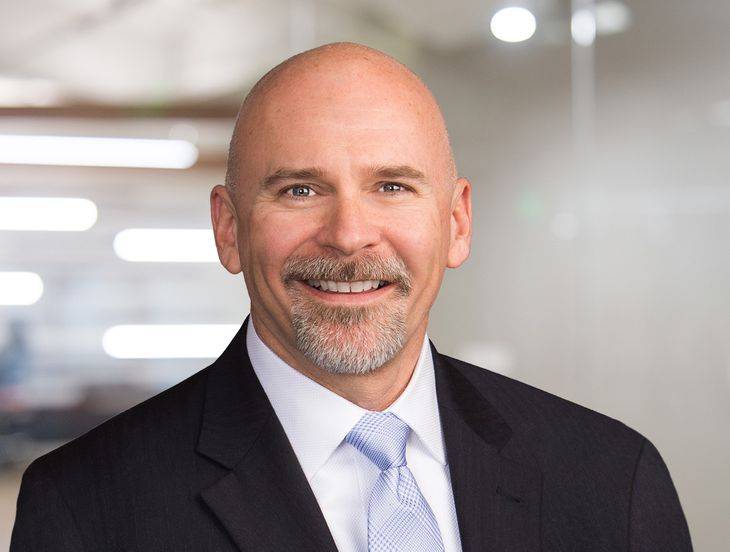Sex Charges Can Pose Big Risks For Unwary Employers
Publication
12.02.11
Unless you've been under a rock the past few weeks, you're probably aware that allegations of sexual misconduct have been front-page news. First, Herman Cain was accused of sexually harassing women while he headed the National Restaurant Association (NRA) in the 1990s. Next, a Pennsylvania grand jury indicted Jerry Sandusky, a former Penn State assistant football coach, on charges of sexual abuse of eight young boys from 1994 until 2008, some reportedly on the Penn State campus.
Cain's clumsy handling of questions about the NRA settlements suggested that he had something to hide. But Penn State's failure to respond adequately to the initial reports of child abuse is far more serious - it didn't just make Penn State look bad; children appear to have been seriously hurt by the inaction.
These two events highlight an important lesson for employers: Failing to respond swiftly and decisively to these kinds of allegations can create legal and PR disasters. The Cain situation shows that the best approach for employers is to prevent sexual harassment before it occurs. To accomplish this, employers should have and enforce a no-harassment policy and reporting procedure. Similarly, Penn State had a duty to prevent harassment or abuse before it took place. The university is an employer, like the NRA, but it is also an educational institution, with special responsibilities to kids. Its officials had a legal duty to report suspected child abuse to law enforcement under Pennsylvania law, which they apparently failed to do.
In order to properly respond to complaints of harassment or unlawful activities, employers should consider having an attorney or a trained outside consultant conduct the investigation, depending on the severity of the allegations. Having an outsider conduct the investigation can minimize the risk of real or perceived bias, and can demonstrate to co-workers and other interested parties that the employer takes such allegations seriously.
Nothing, however, can substitute for good, old-fashioned common sense. Complaints that are ignored or explained away with no real investigation are likely to come back to haunt an organization. Common sense says to deal with it head on and avoid the temptation to sweep it under the rug.
This article appeared in the December 2, 2011 edition of the Houston Chronicle.
Related People
-
- Stephen J. Roppolo
- Partner
